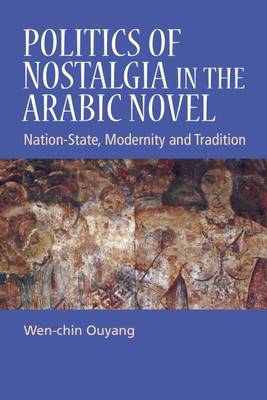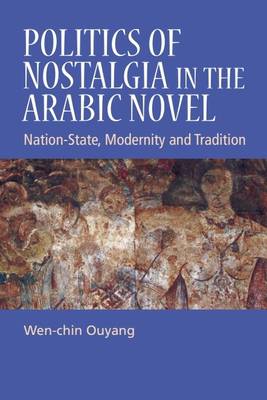
- Afhalen na 1 uur in een winkel met voorraad
- Gratis thuislevering in België vanaf € 30
- Ruim aanbod met 7 miljoen producten
- Afhalen na 1 uur in een winkel met voorraad
- Gratis thuislevering in België vanaf € 30
- Ruim aanbod met 7 miljoen producten
Zoeken
Politics of Nostalgia in the Arabic Novel
Nation-State, Modernity and Tradition
Wen-Chin Ouyang
Paperback | Engels
€ 29,95
+ 59 punten
Uitvoering
Omschrijving
The Arabic novel has taken shape in the intercultural networks of exchange between East and West, past and present. Wen-chin Ouyang shows how this has created a politics of nostalgia which can be traced to discourses on aesthetics, ethics and politics relevant to cultural and literary transformations of the Arabic speaking world in the 19th and 20th centuries. She reveals nostalgia and madness as the tropes through which the Arabic novel writes its own story of grappling with and resisting the hegemony of both the state and cultural heritage.
Specificaties
Betrokkenen
- Auteur(s):
- Uitgeverij:
Inhoud
- Aantal bladzijden:
- 256
- Taal:
- Engels
Eigenschappen
- Productcode (EAN):
- 9781399564885
- Verschijningsdatum:
- 31/05/2026
- Uitvoering:
- Paperback
- Formaat:
- Trade paperback (VS)
- Afmetingen:
- 156 mm x 234 mm

Alleen bij Standaard Boekhandel
+ 59 punten op je klantenkaart van Standaard Boekhandel
Beoordelingen
We publiceren alleen reviews die voldoen aan de voorwaarden voor reviews. Bekijk onze voorwaarden voor reviews.







